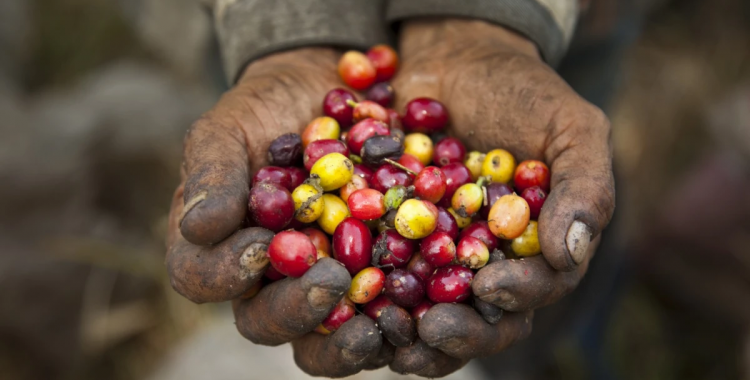When talking about coffee production in Angola, it is practically impossible not to mention the Municipality of Amboim, which was one of the largest producers in the country, given the favorable edaphoclimatic conditions and companies that at the time had technologies that optimized production. Amboim continues to be an important fabric in the coffee value chain, but given the difficulty in renewing coffee plantations, management, trade, credit and, among other factors, producers have opted for maize, removing coffee plantations and forest trees, culminating in deforestation permanent forests.
Deforestation induced by man, such as fires, monoculture, illegal logging, etc., has resulted in the loss of our biological heritage, biodiversity, the decline of coffee production and consequently puts at risk the edaphoclimatic conditions that until then have been present- if favorable for the cultivation of shaded coffee. Forests have numerous advantages, supplying organic matter to the soil, importance in covering the soil against erosion, helping in the recycling of nutrients, acting in climate regulation, guaranteeing ecological balance, among others. In the case of the region mentioned above, it is essential to maintain the forests, not only because of the benefits raised here, but also because the forests contribute a lot to the quality of the coffee. And in this region, the forest and coffee end up being a “heritage” there is a historical connection, so in addition to causing environmental imbalance and other problems arising from deforestation, it would also reduce the productive potential of the crop and hinder the growth and solidification of the chain of coffee value.
It is necessary and urgent to look closely at these issues, as the situation in Amboim may be similar to other regions with coffee production potential, as is the case, for example, in the Province of Uíge, K. Norte, Cabinda and Benguela. If we do not take this into account, one day we will wake up without forests, without edaphic and climatic conditions for coffee production. In this case, it is essential to encourage, raise awareness and direct credit policies to streamline all stages of the coffee value chain, which will automatically imply a reduction in deforestation due to the need for shading for the crop in focus.
In view of the arguments presented, let us reflect on the following questions: considering the preference of corn over coffee, how will the government and/or non-governmental entities mitigate this situation? What is the reason for this culture migration? Is the population of the municipality of Amboim aware of the consequences caused by forest clearing? Do we really want to impose ourselves on the international market, reaching production levels similar to or close to those of the 1970s?
Previous
The opinion of... Heriwalter Domingos








